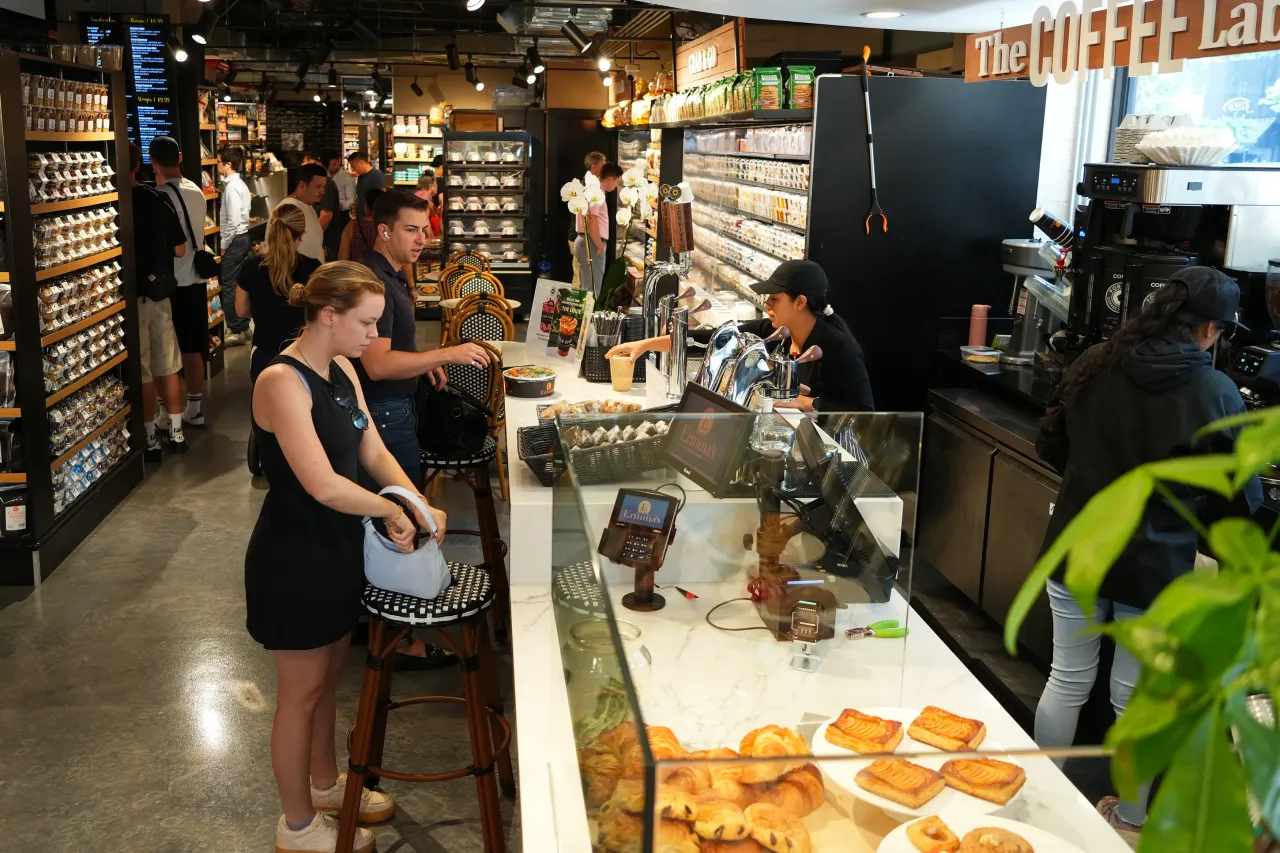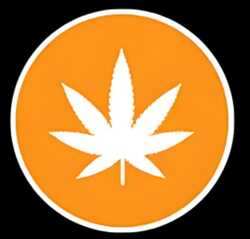Advertisement|Remove ads.
Banking Execs Say Consumers Are Still ‘Fine’ But Warn Sentiment Tempering In Second Half As Trump Tariffs Stoke Inflation

Top U.S. banks said on Tuesday that consumer pockets remain in a healthy state despite a rise in inflation due to Trump tariffs, before cautioning that weakness may lie in the second half of the year.
JPMorgan & Chase, Wells Fargo, and Citigroup all topped analysts’ expectations, aided by a rebound in deal-making activity as well as resilient consumer sentiment.
"Consumers and businesses remain strong as unemployment remains low and inflation remains in check, credit card spending growth softened very slightly in the second quarter, but is still up year over year," Wells Fargo CEO Charlie Scharf said in a call with analysts on Tuesday.
The lender reduced its charge-offs, or debts that are unlikely to be recovered, due to higher-than-expected repayments on auto loans and credit cards for the second quarter. Wells Fargo also reduced the amount of money set aside to cover potential loan losses.
JPMorgan, the largest U.S. bank, also set aside $2.85 billion for credit losses in the second quarter, a 6.5% decline from a year earlier.
“The consumer basically seems to be fine,” JPMorgan & Chase CFO Jeremy Barnum noted.
Retail sentiment on Stocktwits about the Financial Select Sector SPDR Fund (XLF) was in the ‘neutral’ territory.
However, top banking executives were wary of a tariff-driven rise in inflation. On Tuesday, official data showed that U.S. inflation rose 0.3% in June compared to the previous month, as several businesses have opted to pass on the higher costs of imported goods to consumers. The data also hinted that the Federal Reserve might take a cautious approach regarding the benchmark interest rates.
"We do anticipate further consumer (spending) cooling in the second half as ... tariff effects play through," Citigroup CFO Mark Mason said, according to a Reuters report.
Separately, Federal Reserve Bank of Boston President Susan Collins warned on Tuesday that she still anticipates that elevated import duties will lead to higher inflation and decreased growth and employment.
Also See: Rio Tinto Flags $300M Cost Spike Due To Trump Tariffs On Canadian Aluminum
For updates and corrections, email newsroom[at]stocktwits[dot]com.












/filters:format(webp)https://news.stocktwits-cdn.com/large_Getty_Images_1549425533_jpg_483afd6d69.webp)
/filters:format(webp)https://st-everywhere-cms-prod.s3.us-east-1.amazonaws.com/unnamed_jpg_9dff551b50.webp)
/filters:format(webp)https://st-everywhere-cms-prod.s3.us-east-1.amazonaws.com/large_stock_down_resized_901c19c371.jpg)
/filters:format(webp)https://news.stocktwits-cdn.com/Getty_Images_2235778544_jpg_2b7ceca102.webp)
/filters:format(webp)https://news.stocktwits-cdn.com/Aashika_Suresh_Profile_Picture_jpg_2acd6f446c.webp)
/filters:format(webp)https://st-everywhere-cms-prod.s3.us-east-1.amazonaws.com/large_hawaiian_electric_resized_4b766fd741.jpg)
/filters:format(webp)https://news.stocktwits-cdn.com/jaiveer_jpg_280ad67f36.webp)
/filters:format(webp)https://st-everywhere-cms-prod.s3.us-east-1.amazonaws.com/large_sealsq_stock_market_representative_resized_b05435011f.jpg)
/filters:format(webp)https://news.stocktwits-cdn.com/large_Getty_Images_2230137825_jpg_d14459f501.webp)